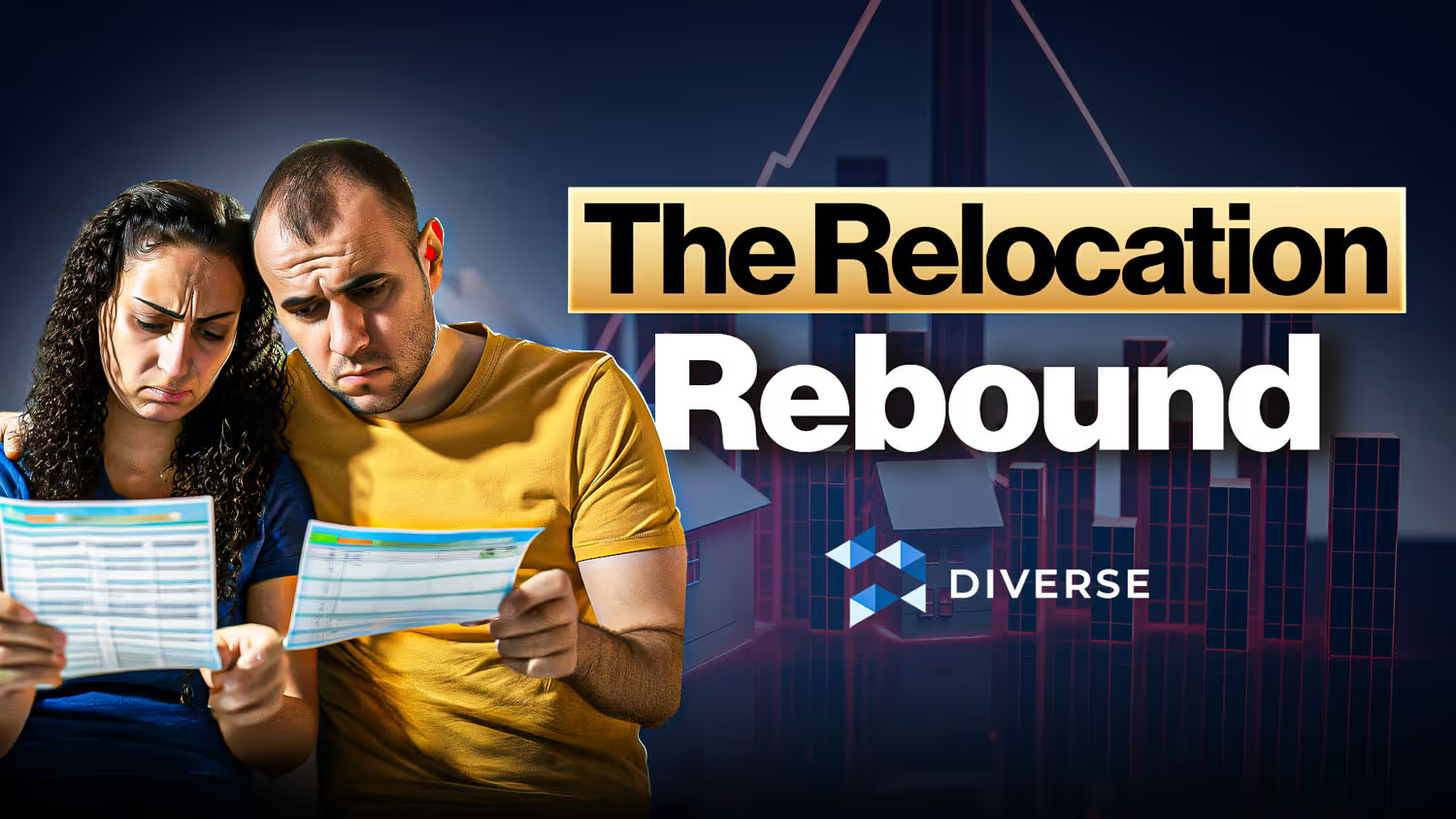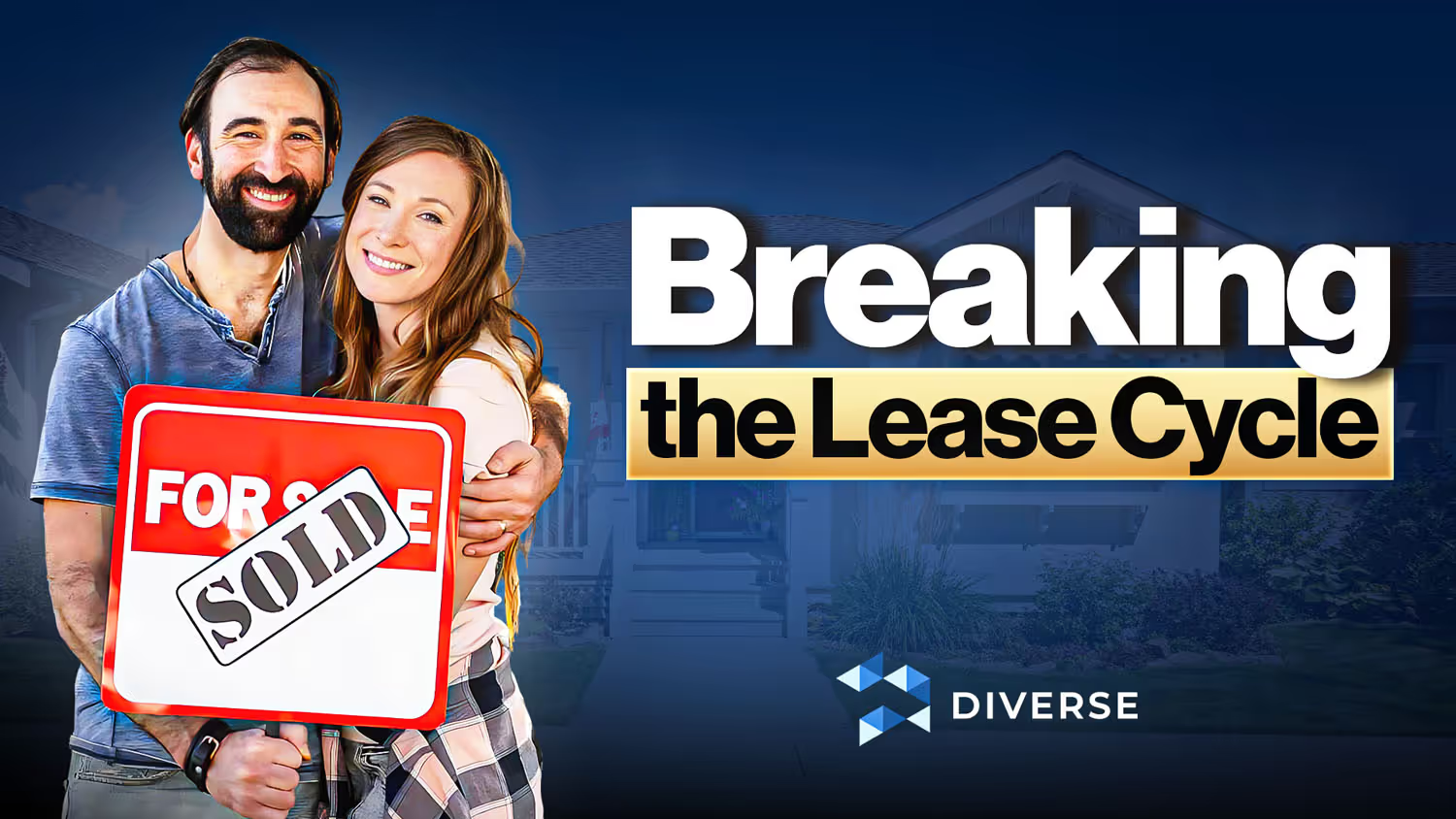The Relocation Rebound: How Post-Pandemic Career Shifts Are Reshaping Mid-Career Buyer Priorities
How post-pandemic career shifts impact buyer decisions and agent strategies.

The Relocation Rebound: How Post-Pandemic Career Shifts Are Reshaping Mid-Career Buyer Priorities
Introduction
In 2025, the real estate landscape for mid-career buyers is transforming. First came the pandemic migration—people fleeing big cities for space and remote work freedom. Now a “relocation rebound” is underway: professionals are rethinking where they live (or returning) as careers, schools, and quality-of-life priorities evolve in an increasingly hybrid world. For agents, this rebound opens doors to new buyer segments—those needing help framing career-led moves, understanding economic incentives, or navigating lifestyle trade-offs. Let’s dive deep into what’s driving these shifts and how you can capture this rising market.
1. Career-Driven Moves: The New Migration
💼 Post-Pandemic Work Shifts
Remote work trends solidified through the pandemic are here to stay—approximately 40–50% of the workforce expects to telecommute several days each week in 2025. That flexibility has unlocked freedom: buyers can choose locations based on affordability, lifestyle, or family, not just office proximity.
📍 Early Indicators of a Rebound
Recent data shows 58.9% of online home shoppers are now looking beyond their current metro areas, up from under 50% in 2019. Meanwhile, some pandemic migration cities (e.g., Atlanta) are experiencing net domestic outflows as professionals reassess career hub.
2. Key Buyer Profiles in the Rebound
3. Hot Markets & Incentive Programs
- Economic magnets: States like Texas, Georgia, South Carolina, and Tennessee are gaining job-driven inbound moves.
- Cash incentives: Towns like Tulsa offer $10,000 to remote workers; Belleville and Hutchinson provide $20k–$35k toward homebuying.
👉 Agent tactic: Create a relocation incentives dossier showcasing program details, eligibility, and case studies to attract remote career clients.
4. Redefining Homebuyer Priorities Post-Rebound
🏡 From Big to Smart Homes
Hybrid families now demand “multi-mode” homes—spaces for work, virtual school, and play.
🚦 Suburban Shift & Urban Nuance
Some buyers are moving back to cities via condos/pied-à-terres amidst return-to-office policies, while others opt for midsized towns with affordability and green space.
🍃 Prioritizing Affordability + Access
Often, families want a small-city lifestyle that balances cost, nature, and proximity to growth sectors—and you can show them where that exists.
5. 8-Tactic Agent Playbook
- Relocation Incentive Report – Create local guides detailing relocation grants, tax credits, and remote-worker perks.
- Hybrid-Ready Home Feature Sheet – Highlight floorplans with home-office potential and tech-readiness.
- Pied-à-Terre Package – Customize a package for urban rentals or condos near corporate offices.
- Commuter-Cost Calculator – Show cost/time savings between remote and hybrid commute options.
- Lifestyle Zoom Tour – Include neighborhood hotspots, parks, and local business tours in virtual showings.
- Career Market Snapshot – Provide neighborhood-level data on remote roles, job sector growth, and salary trends.
- Flexible Affordability Paths – Map out short-term rural stays or lease-to-buy strategies for uncertain moves.
- Return to Office Webinar – Host sessions with HR or relocation pros discussing commuting, housing decisions, and family adaptation.
6. Pitfalls & How to Mitigate Them
- Boomerang Moves: Buyers may purchase, then decide to relocate again once office mandates change. Mitigate with flexible options like rent-back clauses or sublets.
- Mismatch in Expectation: Buyers want urban vibe in small towns. Provide honest previews—commute times, amenity access, and community size details.
- Incentive Volume & Timing: Incentive programs can be oversubscribed or paused. Keep updated and include disclaimers in presentations.
Conclusion
The relocation rebound is real—and it’s reshaping buyer behavior across city sizes and life stages. With career-led flexibility, buyers are seeking deeper lifestyle alignment—jobs, education, and wellness. Agents who position themselves as relocation guides, using tangible data, incentive knowledge, and market insights, will capture this emerging wave.
At Diverse, we believe agents who understand the evolving career-lifestyle nexus will lead the next generation of relocations. Use this playbook to align your strategy with the new norms—and help your clients make confident, future-proofed moves.
Stay In the Loop
Smarter sales start here.
Book a quick demo and discover how personalized, scalable outreach can transform your sales process.




